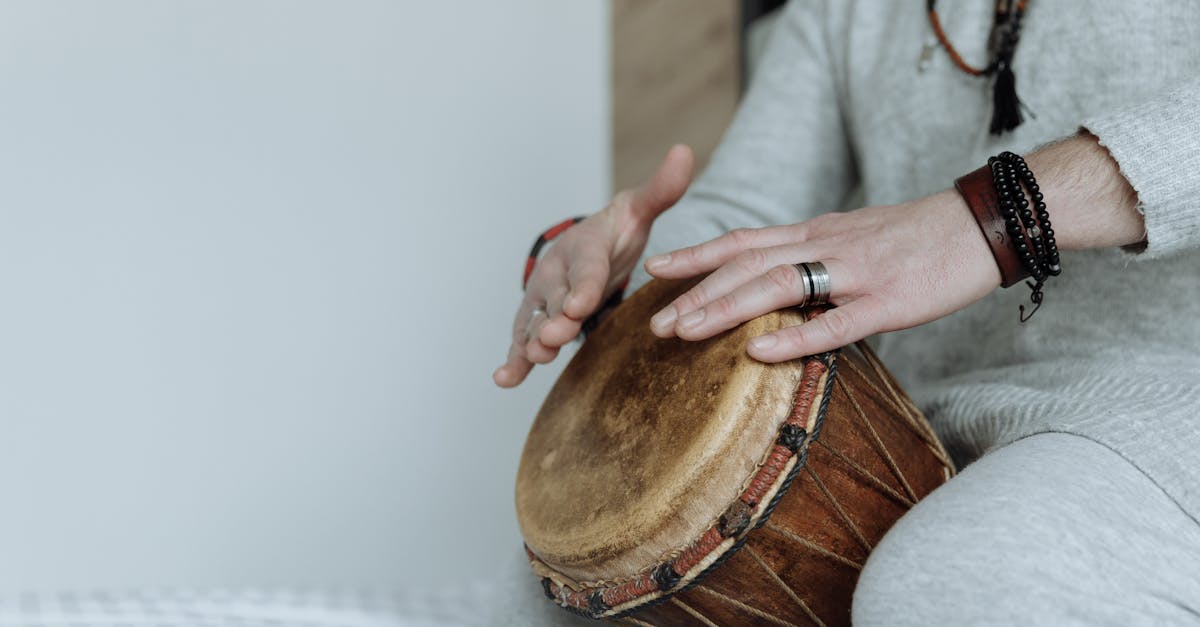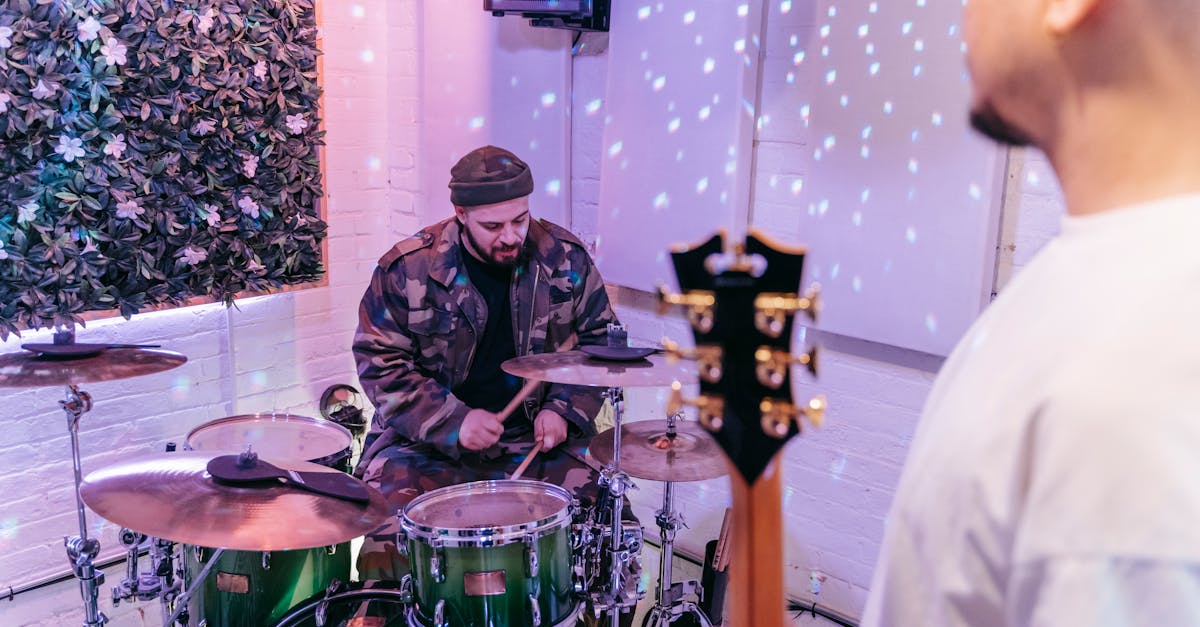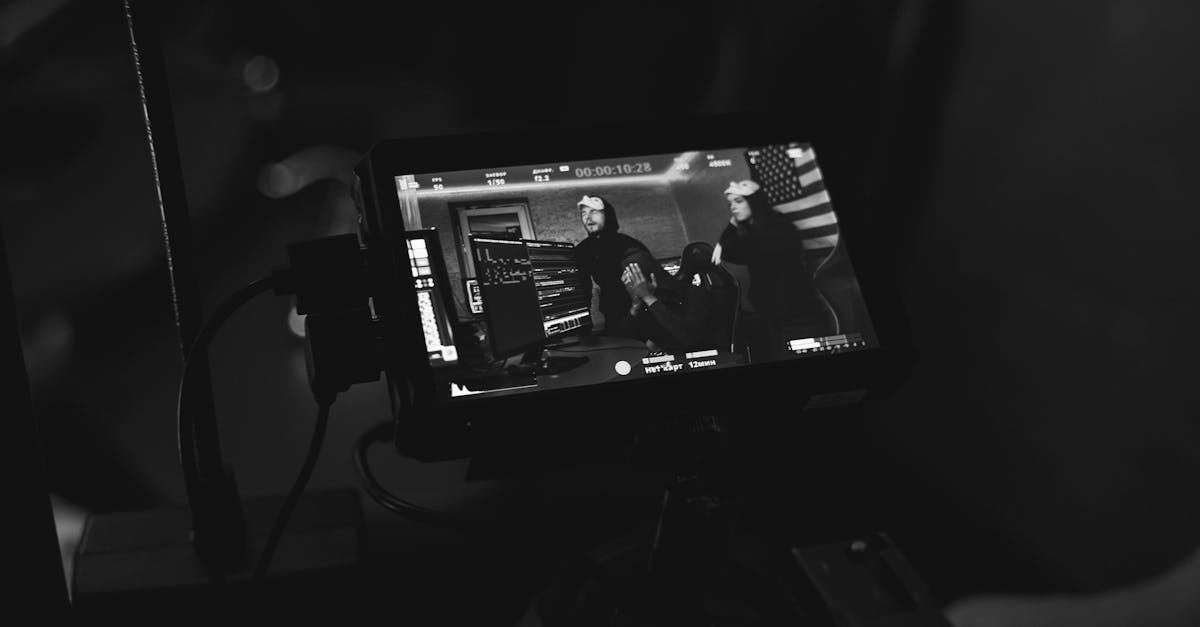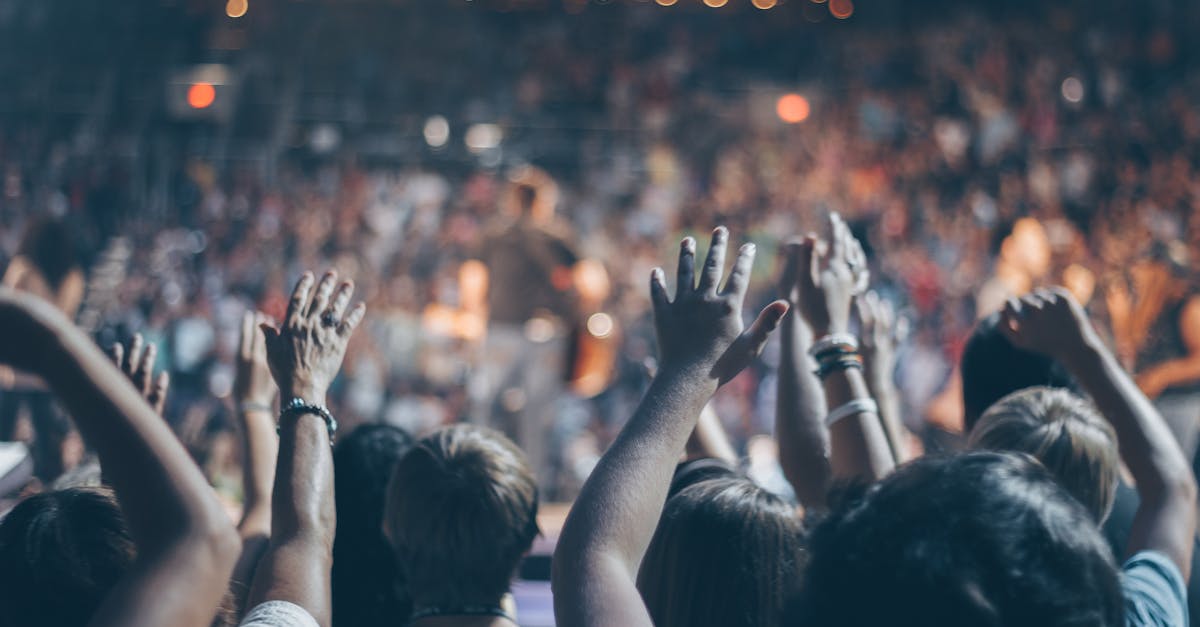Rhythms Redefined Global Melodies Melding Cultures
Introduction
In a world increasingly connected by technology, music acts as a universal language bridging cultural divides. The phrase "Rhythms Redefined" captures the exciting evolution of global music as distinct sounds and styles intertwine, creating new, hybrid genres. From Afrobeat’s assimilation into Western pop to Desi influences in hip-hop, varied musical traditions are converging in fascinating ways. What drives this dynamic interplay of cultures through melody, rhythm, and harmony? How have globalization and technological advancements cultivated a fertile ground for these amalgamations? This article explores the mosaic of global sounds blending into one diverse symphony, redefining how we experience music.
Advertisement
Global Influences on Traditional Music
As cultural exchange becomes more prevalent, traditional music styles begin to evolve, embracing influences from other regions. For example, Latin music, with its infectious rhythms, has permeated Western pop, creating a recognizable base for many chart-topping hits. Similarly, Bollywood music is increasingly being recognized and appreciated worldwide, thanks in part to collaborations with Western artists. This cross-cultural musical exchange not only amplifies a mutual appreciation but also ignites innovation. While traditional European classical music originally thrived on its own confines, today, it's invigorated with non-Western elements, producing a unique fusion. It’s the blending that keeps time-honored genres alive and relevant.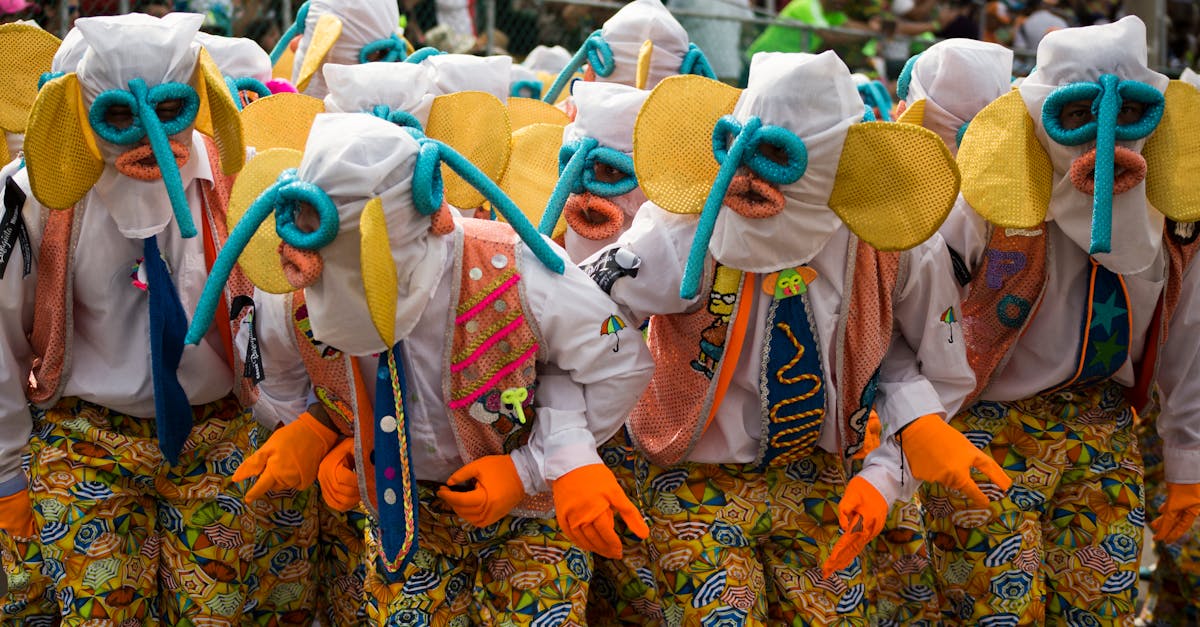
Advertisement
Technology's Role in Melding Melodies
Technological advancements play a crucial role in spurring the cross-continental mingling of melodies. Music production tools, streaming platforms, and social media connect artists and audiences from around the globe, rendering borders obsolete. Platforms like Spotify and YouTube expose listeners to tracks they might never have encountered, fostering a diverse appreciation of sounds. Recording software allows artists to experiment with styles beyond their traditional repertoire, resulting in innovative music. Furthermore, virtual concerts and collaborations witnessed during the COVID-19 pandemic further underscored technology's power in bridging musical distances. As technology catapults global music forward, it drives the evolution of how audiences consume and create music.
Advertisement
Cultural Exchange Through Collaboration
Collaborative efforts between artists from diverse backgrounds set the stage for fresh, groundbreaking music. Joint albums or singles like Shakira's "Waka Waka" and Billie Eilish's team-up with Takashi Murakami reveal that genre-blending is both commercially and artistically successful. Musicians invite collaborators to infuse elements from other geographic regions, offering a new aural lens for listening audiences. By embracing different cultural nuances, artists create a shared musical tapestry that celebrates diversity while introducing listeners to new traditions. Such collaborations not only infuse contemporary sounds with fresh energy but also offer social commentary, inserting new cultural dialogues into the international music scene.
Advertisement
Impact on Emerging Artists
The fusion of different soundscapes offers budding artists vast creative playgrounds. Exposure to myriad influences encourages musical experimentation among emerging musicians. Young artists today grow up in a digital landscape rich with multimedia resources, granting them the freedom to merge styles without constraint. By experimenting with hybrid sounds, these musicians cater to a global audience that values diversity. Additionally, social media serves as a pivotal platform for newcomers to break into the market. Viral hits and cultural phenomena, such as K-pop, highlight how accessible pathways offer unprecedented opportunities for fresh voices to make their mark. Emerging artists reflect a changing musical ethos, characterized by an openness to explore and redefine boundaries.
Advertisement
Connecting Through Festivals and Events
Global music festivals and cultural gatherings embody the beauty of musical diversity, showcasing musicians who bridge continents with their sounds. Events like Glastonbury and South by Southwest host artists from diverse backgrounds, allowing attendees to immerse themselves in a world of musical richness. These festivals not only provide exposure to undiscovered artists but also facilitate cultural dialogue through more interactive experiences. Whether it's Afrobeat's infectious rhythms or Eastern influences that draw recognition, such events cultivate a platform where artists and audiences celebrate shared human experiences. By bringing together divergent traditions, these gatherings allow for cultural appreciation, conversation, and an enriched global music scene.
Advertisement
Challenges of Cultural Appropriation
While musical fusion offers exciting prospects, it also raises discussions around cultural appropriation. Borrowing elements from distinct cultures without acknowledgment or respect can lead to exploitation. The tension arises when musical traditions, sacred to certain communities, are commercialized for profit or entertainment. As diverse genres intertwine, it becomes important for artists to navigate this terrain thoughtfully. Respectful acknowledgment of cultural origins and collaboration based on mutual consent can actively enrich the musical dialogue. By understanding this delicate balance, artists help prevent a reductionist approach and instead promote a rich exchange where shared creativity is celebrated rather than diminished.
Advertisement
Evolution of Traditional Instruments
The marriage of global sounds also impacts the application and perception of traditional musical instruments. Instruments like the sitar, djembe, and pan flute are finding their place in contemporary compositions, adding a new dimension to current sounds. Whether through digital synthesizers replicating distinct timbres or through live collaborations, these traditional tools achieve a new relevance. Modern artists are keen to revive these instruments, incorporating them into various genres, creating innovative soundscapes. This preservation and revitalization of traditional instruments not only honors their cultural roots but also freshens both new compositions and long-established musical frameworks.
Advertisement
Rhythm and Identity
Exploring rhythm and melody through different cultures enriches global identity, promoting shared understandings and social unity. As listeners are exposed to global genres, they begin to appreciate how musical diversity can underline universal themes. Music provides a framework for identity-building, bonding individuals across geographic and cultural divides. It challenges people to reflect on their own cultural norms, considering how imported styles inform local narratives. In a world often polarized by differences, music becomes a vehicle that channels unity, helping individuals realize commonalities. These hybrid rhythms stand as testament to humanity's capacity for collaboration, dialogue, and empathy.
Advertisement
Conclusion
In sum, the melding of global melodies underpins a broader cultural revolution where music acts as a catalyst for change, dialogue, and mutual respect. As technology and collaboration blur geographical lines, a new world of sonic exploration emerges. These rhythmic conversations redefine traditional boundaries, providing artists and listeners with a richer palette from which to create and enjoy music. As the world becomes more interconnected, the shared language of music propels humanity toward a future defined by both appreciation of diversity and collective understanding. Ultimately, as cultures continuously intersect through rhythms, music celebrates a resilient human spirit that thrives on unity and creativity.
Advertisement

